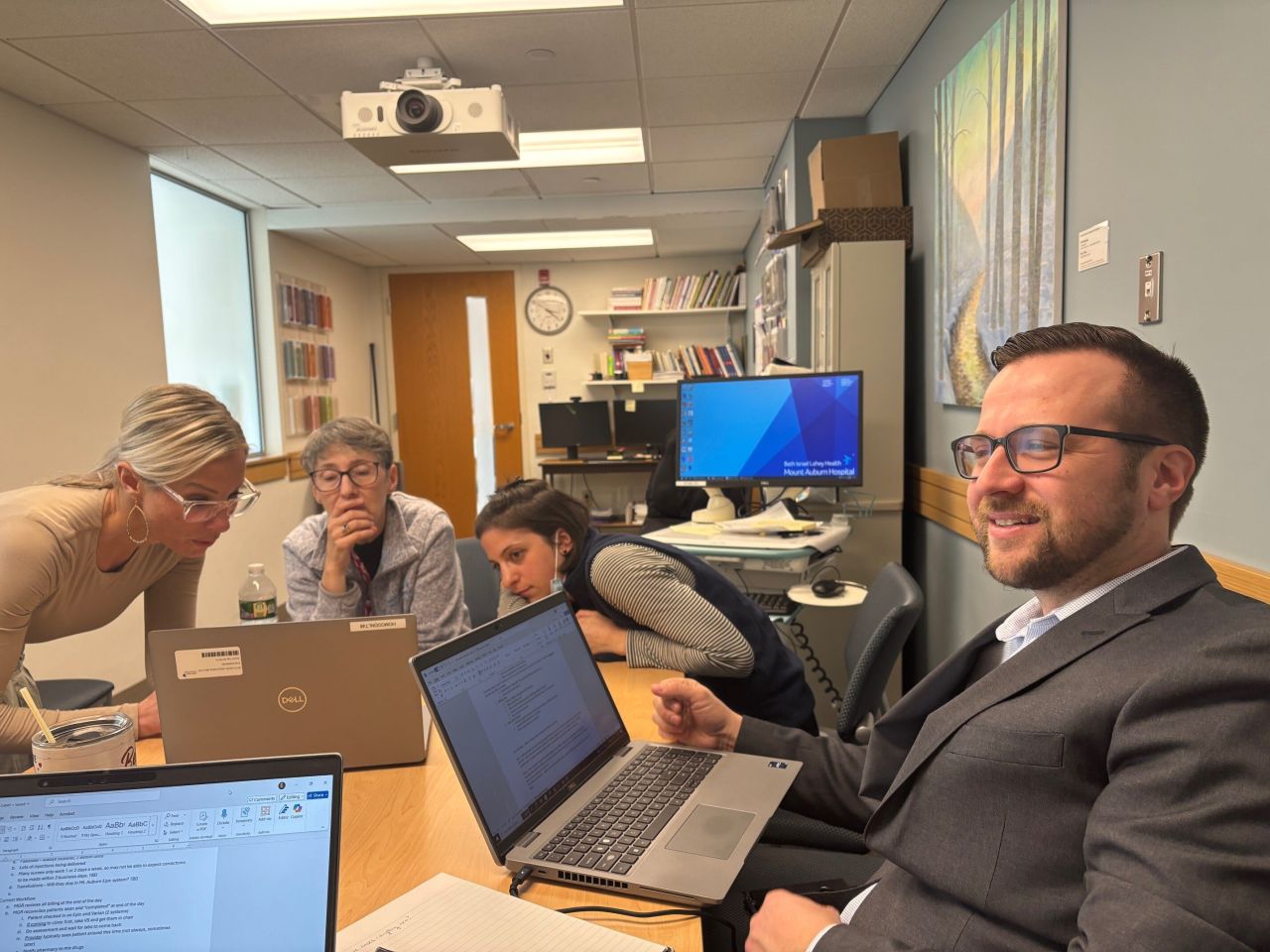Not many people dream of being medical coders when they grow up. In fact, it’s probably a job you hadn’t even heard of when you were little. So how do you discover and become a medical coder? And how can you advance your healthcare career in coding once you do?
I sat down with Katie Chesley, the Manager of Denial Prevention for Beth Israel Health Lahey, to hear about how she got started in a career in healthcare coding and her best advice for anyone interested in healthcare careers and solving the challenges in medical billing today. Here are five pieces of advice she had to say:
-
Whenever you’re in a new role, study “offline”
When Katie graduated, she had no idea what she wanted to do. At college, she studied whatever she was interested in – like psychology, criminal justice, and statistics. When she stumbled upon a job in patient financial counseling, she got her first taste of what a healthcare career could look like. After sitting in on some revenue cycle meetings, her interest was piqued and she decided to go back to school for medical coding and billing.
“I was a Denial Specialist stuck with the worst payers. They put me in a cubicle and told me, you gotta fix it and figure out how to deal with the worst possible payors,” she said. “The option was fail or succeed.” Needless to say, she succeeded.
When she felt like she had accomplished everything in that role that she could, she moved to a new role at Lahey as their first Denial Coding Specialist.
“I very quickly transitioned into the primary focus of infusions and started working on a collaboration with medaptus,” she said.
Learning about medical coding and billing was like learning a new language, and the team had to make sure they were all speaking the same language. Her tip? “I continued to study offline about anything I learned. I had a desire for the constant pursuit of additional knowledge, to try and understand things.” She never gave up and always made an effort to learn more on her own time. “I clicked, I read, I dug, but if I look back at my history when I started, there was a handwritten workflow of buttons to press and things to do and I didn’t know any of them. If I didn’t master that skill set, I never would be where I am now.”
-
Carve Your Own Path
In her current role as the Manager of Denial Prevention for all of Beth Israel Health Lahey, her mission is to understand the root cause of denials and audit their workflows to improve processes and reduce denials; as well as to enhance efficiency and compliance of the coding and billing functions. It’s a new role that didn’t exist before – and she’s grown it to having a team of four analysts working under her.
“If you want a job in healthcare, it usually starts out with something not ideal and you gotta work your way out. But it’s pretty valuable if you can work in different roles and see how all the pieces of the puzzle work together,” she said. “You have to work jobs that aren’t so great at first and master the basic skills so you can advance beyond that.”
-
Be Well Prepared for Healthcare Coding Interview Questions (Sample Questions Below)
In an ideal world, the focus would just be on delivering patient care. But what goes on behind the scenes – the medical coding and billing – enable healthcare organizations to be financially able to focus on patient care. “The formula for success is that the patient gets medically necessary services and that results in reimbursements,” said Katie. But to get to that point, you have to know a lot about what insurance companies’ requirements and guidelines are – and be prepared to talk about this in a healthcare coding interview.
Here are some questions Katie has been asked in past interviews, and asks now when she’s hiring:
- Do you know how to look at what an insurance company wants and requires or what they will cover since every insurance plan is different? How do you pair that with billing and coding guidelines?
- A patient starts in registration – how do you navigate to find out what is valid? What resources do you consult?
- What is your coding experience like? Is your experience as an outpatient coder? Professional-fee only coder? Or inpatient coder?
- What coding related experience do you have? “The need for single scope coders is almost non-existent, so if you were thinking of actually getting into coding, go to a program that you can become certified as a medical coder and biller and one where they cover the scope of anatomy and physiology as part of your program,” she said.
-
Find a Mentor
“I had a very strong woman colleague mentor who blazed this path for me and it’s an honor to do the first further blazing work and hopefully continue that,” said Katie.
Throughout her career, she said she always had great mentors who encouraged her, created new opportunities for her, and fought for her.
-
Follow the Revenue Cycle Deficit
The numbers don’t lie – if you’re interested in paving a way for a healthcare career, especially one specializing in denials, then start with a bleeding revenue cycle and uncover where the deficit is.
“Your revenue cycle doesn’t lie,” said Katie. “Find where you are bleeding out financially.”
After all, it doesn’t just impact the finances – but patient care. “If we’re talking about streamlining efficient, effective patient care – it’s a combination of clinical care and being stood up by a health revenue cycle, from coverage, verification, brick and mortar expenses. It’s about putting all that in a good place so you can render the best patient care.”
Get the latest updates and news delivered to your inbox.
Subscribe to our newsletter today.





